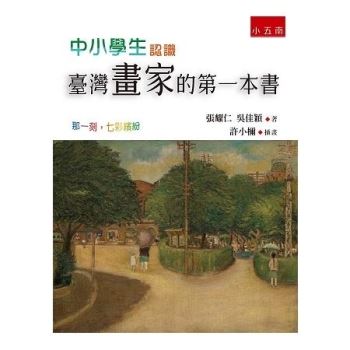In this major contribution to the power debate, Clarissa Rile Hayward challenges the prevailing view of power as something powerful people have and use. Rather than seeing it as having a "face," she argues for a view of power as a complex network of social boundaries--norms, identities, institutions--which define individual freedom, for "powerful" and "powerless" alike. The book’s argument is supported by a comparative analysis of relationships within two ethnically-diverse educational settings--a low-income, predominantly African-American urban school; and an affluent, predominantly white, suburban school.











